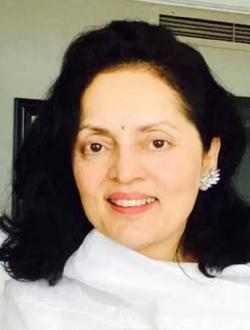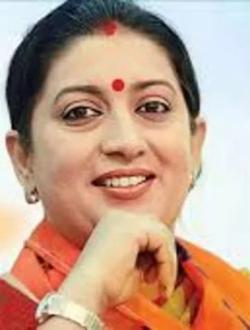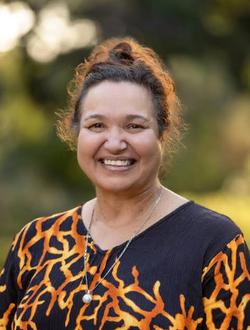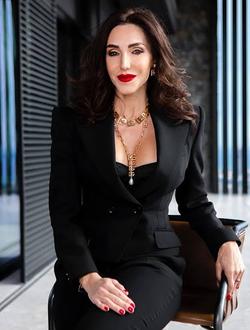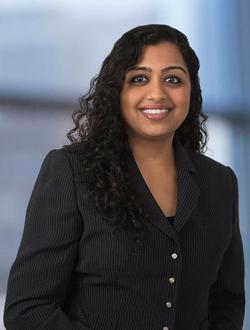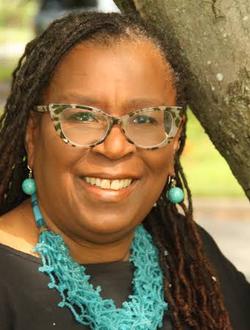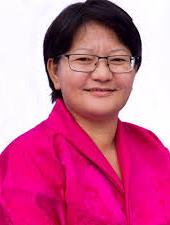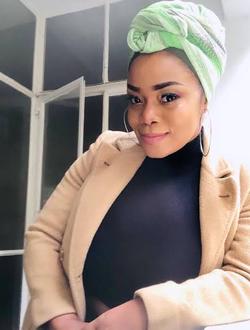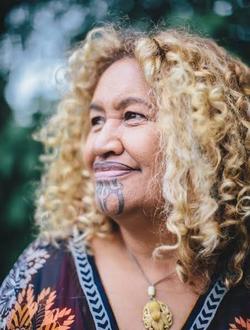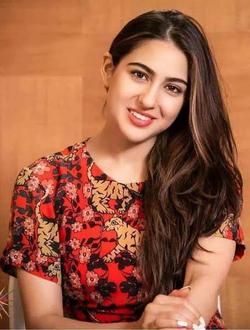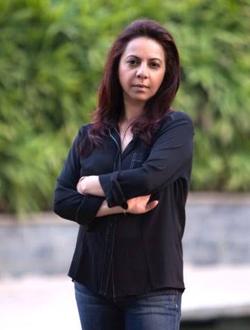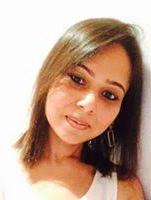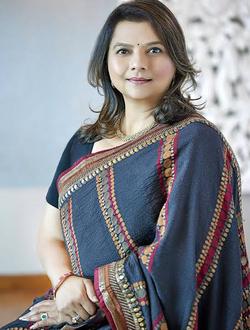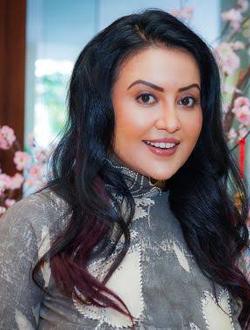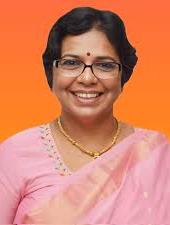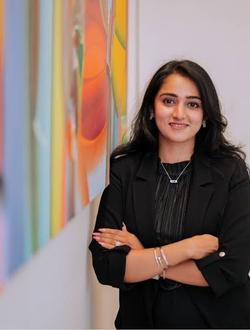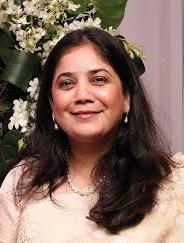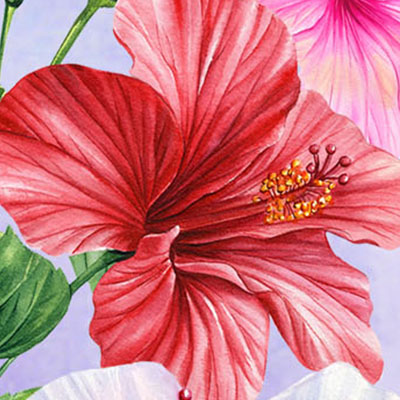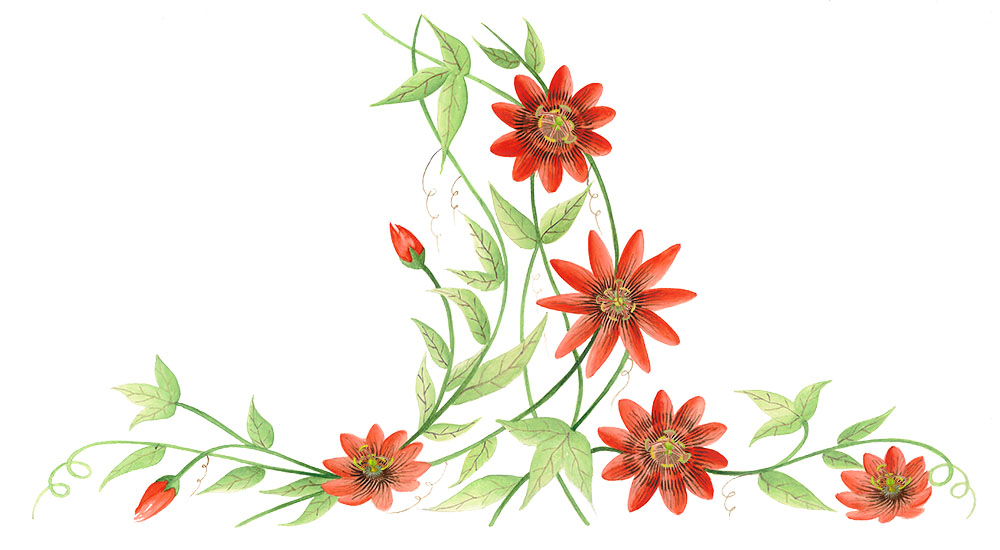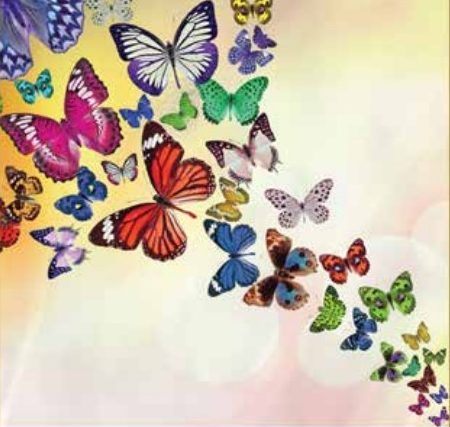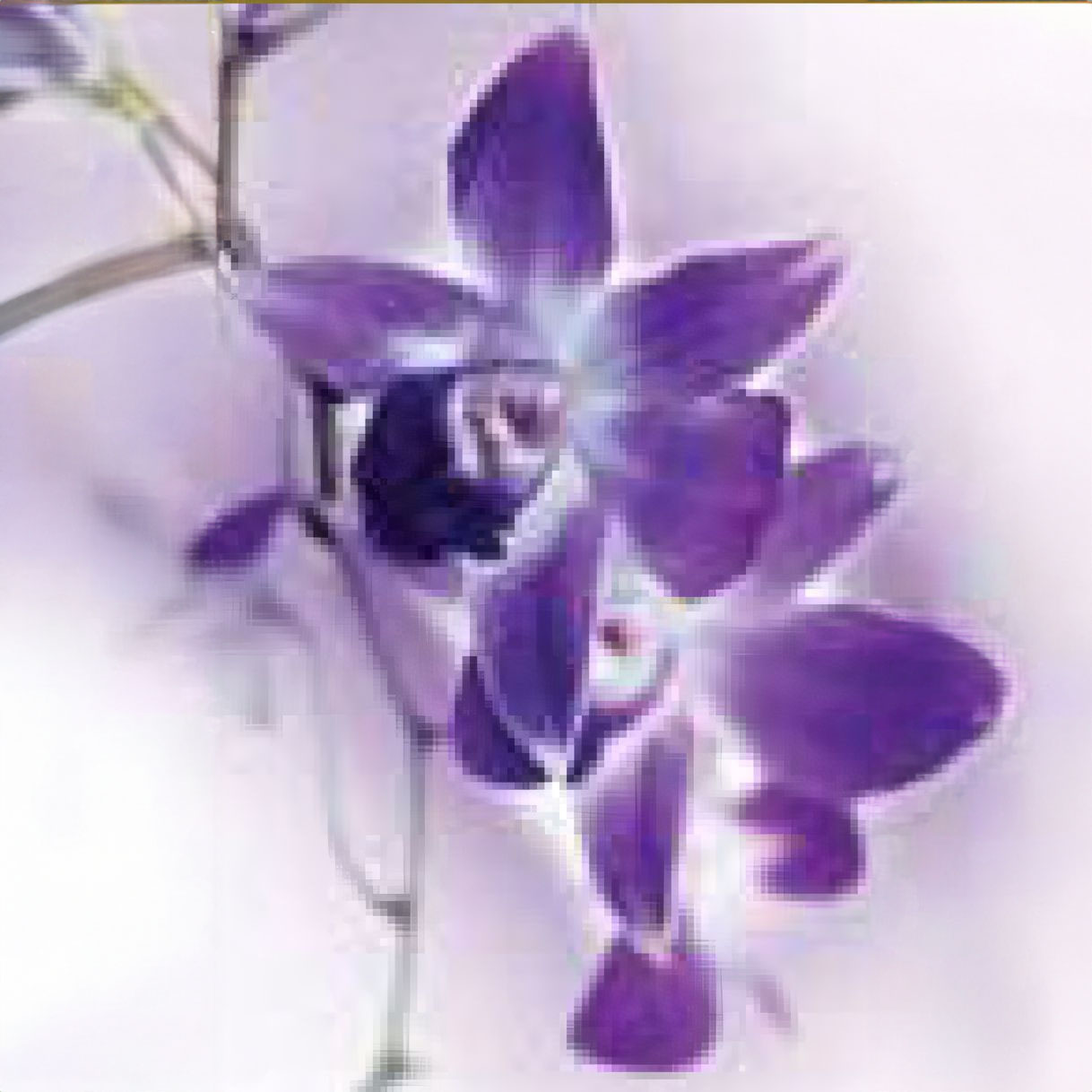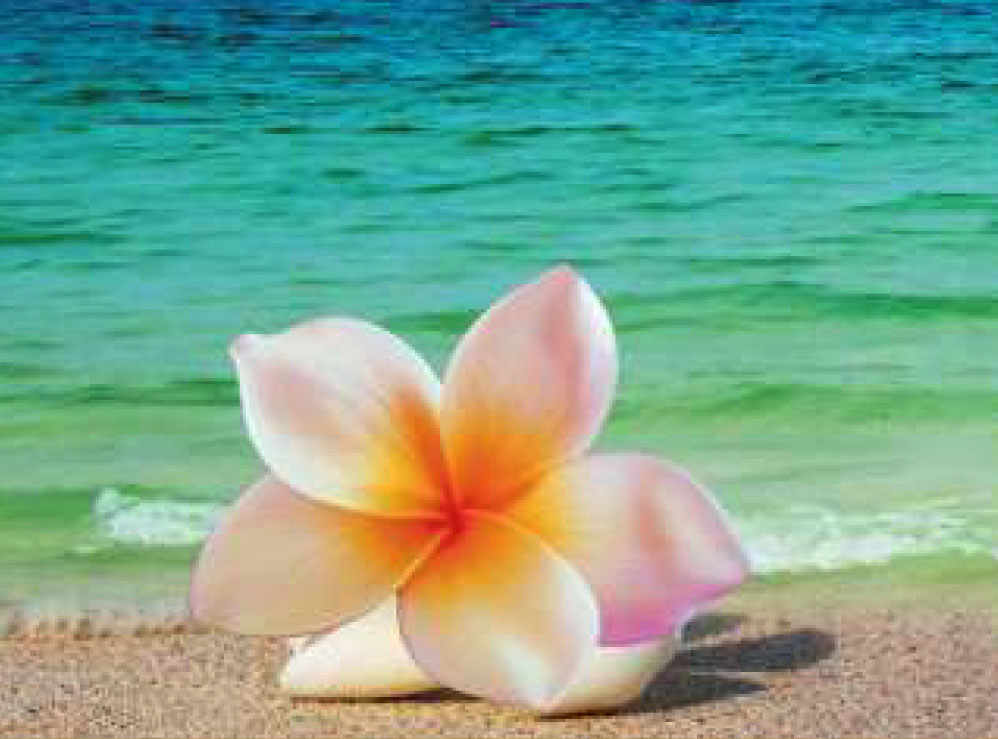20years
9 conferences
463eminent speakers
6000+delegates
100countries
countless volunteers
Happiness in Action - Gift A Smile
An Evening of Awareness and Giving with Bhanu Didi
March 22, 2025 | 7:00 - 8:30 PM | Online Event
Lead, Inspire, Empower - Be There!
Conference Sessions
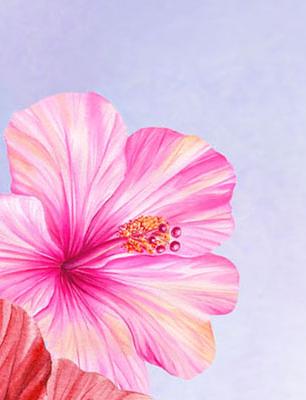
Day 1
-
Inaugural Plenary Session
Just Be – Secrets of Mind and Conciousness
-
Inaugural Session
Mind over Matter – If you don’t mind, it doesn’t matter!
Award Ceremony - Vishalakshi Awards and Acharya Ratnananda Award
-
Music with Hema Sardesai
-
Panel Discussion
Are you bound to be free?
-
Piano recital by Ms. Ingrid Byrt and Music with Ms. Myu Yasuda
-
Panel Discussion
Food Matters
-
Piano recital by Ms. Ingrid Byrt
-
A Conversation With the Master
'Mind' to 'No Mind'
-
Planting the Seeds of Responsibility
A Tree Plantation Drive, Inauguration by Ms. Sangeeta Jindal
-
Stylish Inside Out
Fashion for a Cause
Day 2
-
Panel Discussion
Circle of Wisdom - A Conversation Across Time!
-
Panel Discussion
The Eternal Game – Do I Play to Win?
-
Address by Mr. Inge Anderson
-
Showcasing the Art of Living Free Schools
-
Key Note by Ms. Patricia Scotland & Vishalakshi Award
-
Guided Meditation
Dynamic Serenity – Meditation Led by Gurudev
-
Music by Hema Sardesai
-
Panel Discussion
Influencer - the New Leader?
-
Rural Session
Samruddhi
-
Panel Discussion
Arth - Creating Abundance
-
Book Launch in presence of Gurudev
-
The Power Of Sound & The Gift Of Silence (Sahaj Samadhi Meditation)
-
Sita Charitam
A Musical Ballet
Day 3
-
Panel Discussion
‘Cultivables’ – Nurturing the Seeds of Human Values
-
Panel Discussion
Never Mind, It's Never the Mind!
-
Keynote Address by Ms. Palki Sharma Upadhyay
-
Vishalakshi Award Ceremony & Food Festival
"Rasagna" Inaguration
-
Music by Hema Sardesai
-
An Experiential Health Session
-
A Demo on Intuition Process
-
Panel Discussion
The Creative Impulse
-
Panel Discussion
Ancient Secrets to Holistic Health
-
Valedictory Session
-
The Power Of Sound & The Gift Of Silence (Sahaj Samadhi Meditation)
-
Food Festival
"Rasagna"
-
Concert by Sourendro Mullick and Soumyojit Das
Bonus Offers!
-
Happiness Program
Three days / two hour a day workshop with time-tested and powerful breathing and meditation techniques.
-
Sahaj Samadhi Meditation
The power of sound & the gift of silence. A three day-one hour experiential program with techniques for deep meditation with the help of powerful sound vibrations.
-
Complimentary Wellness Treatments
Experience deep rejuvenation with 2 Ayurvedic wellness treatments (and option to book more).
-
Ashram Tour
Experience the Ashram: a scenic tour of spiritual landmarks.
-
Culinary Delights
Discover sattvic delicacies made with care in our ashram kitchen.
Gift A Smile - You are contributing to a Social Cause
Our conference is supporting the Gift a Smile movement - an innovative school and service program committed to making holistic education accessible to children and communities in rural India. By participating in the conference, you’re actively contributing to the Gift a Smile movement. Let's empower children to dream big and create a brighter future.
Conference Highlights and Activities
at the International Women’s Conference 2025
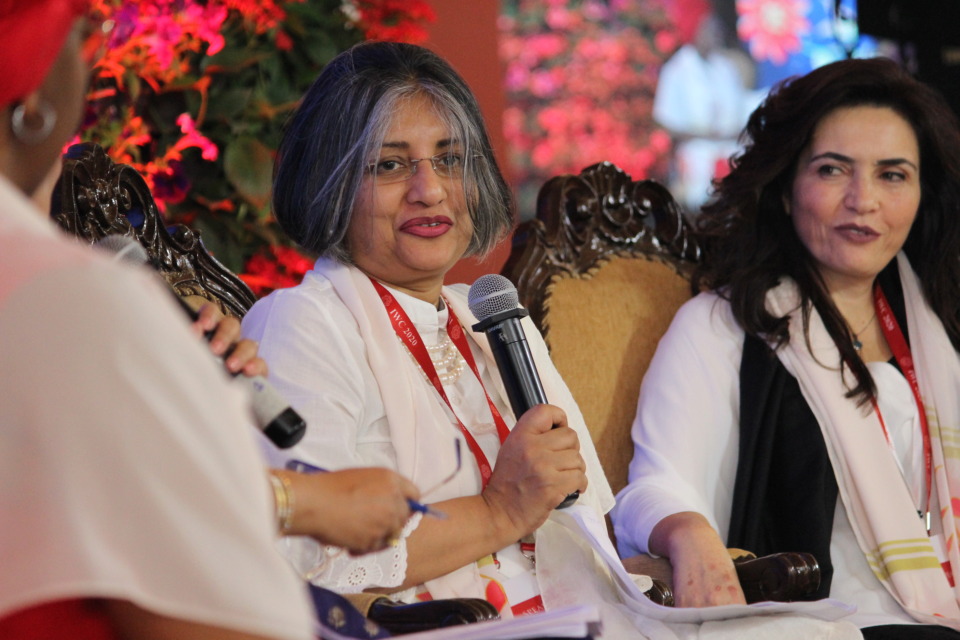
Thought-provoking Debates
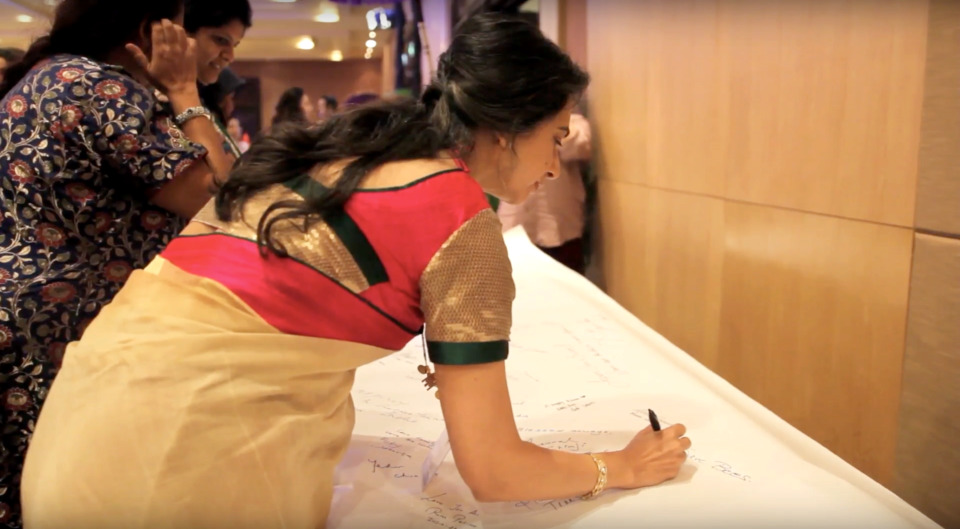
Insightful Workshops
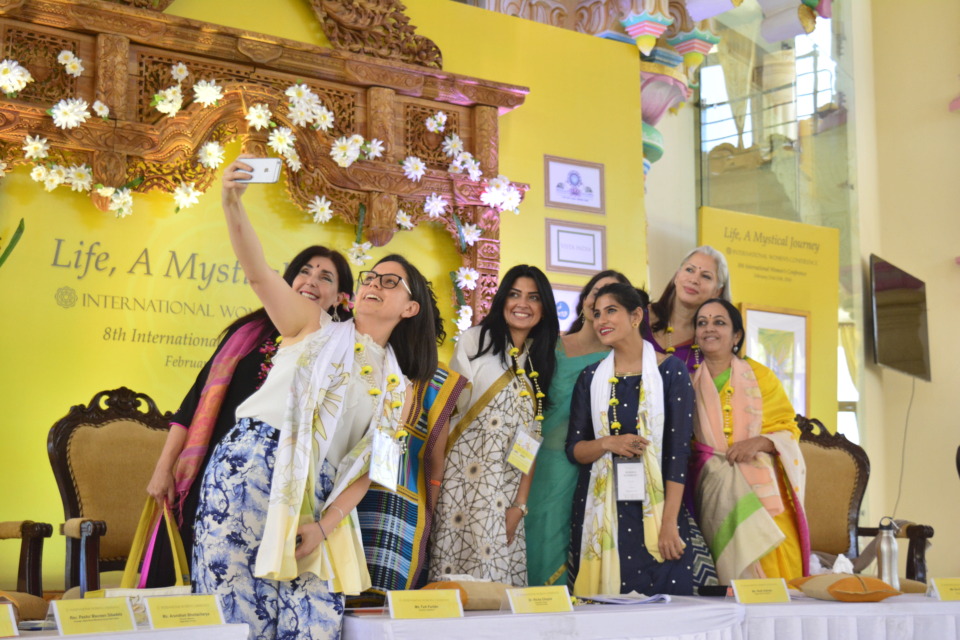
Connect with People
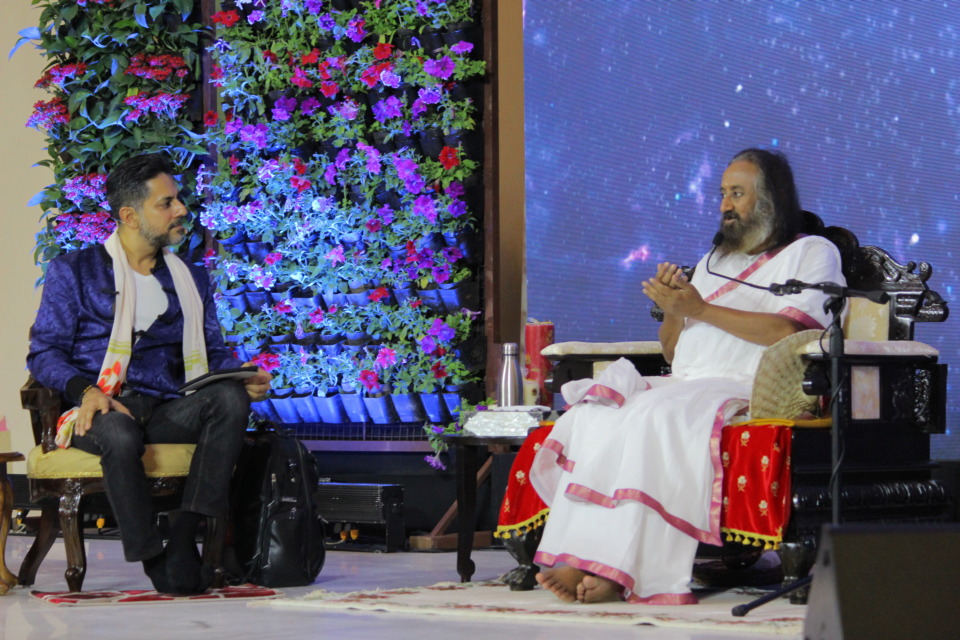
Dialogue with Gurudev
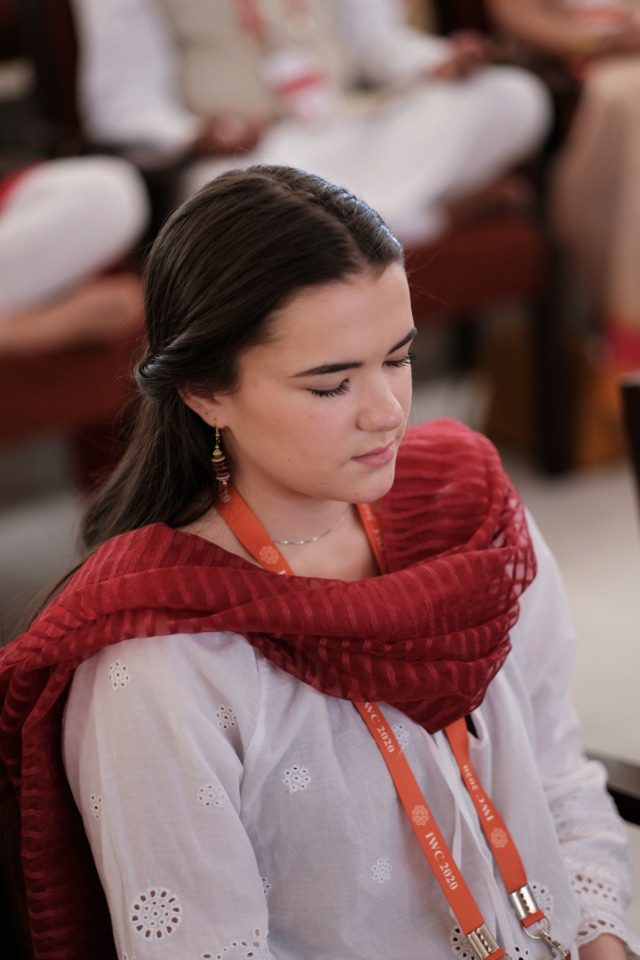
SKY Meditation
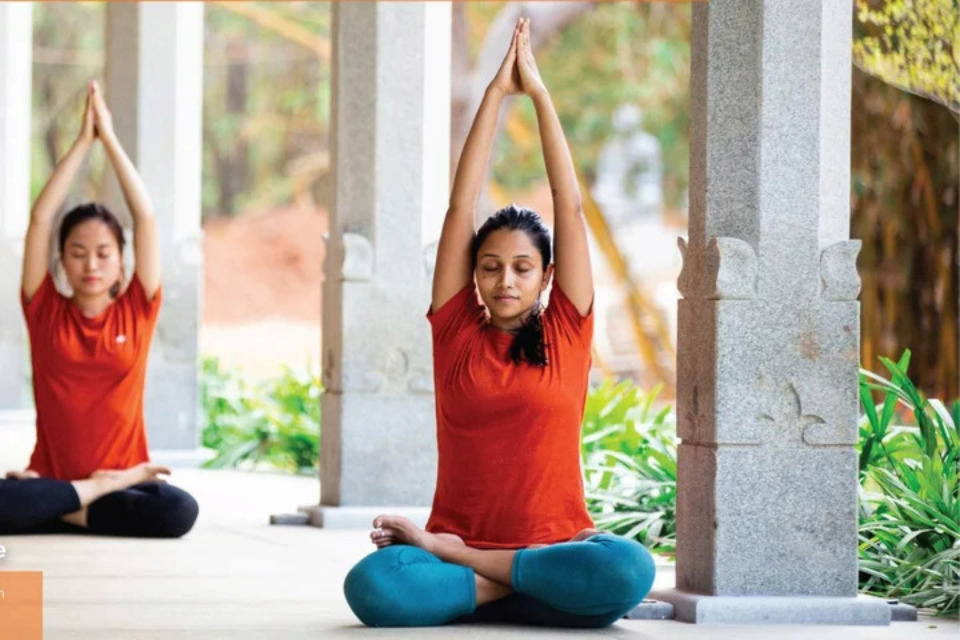
Stretch & Unwind
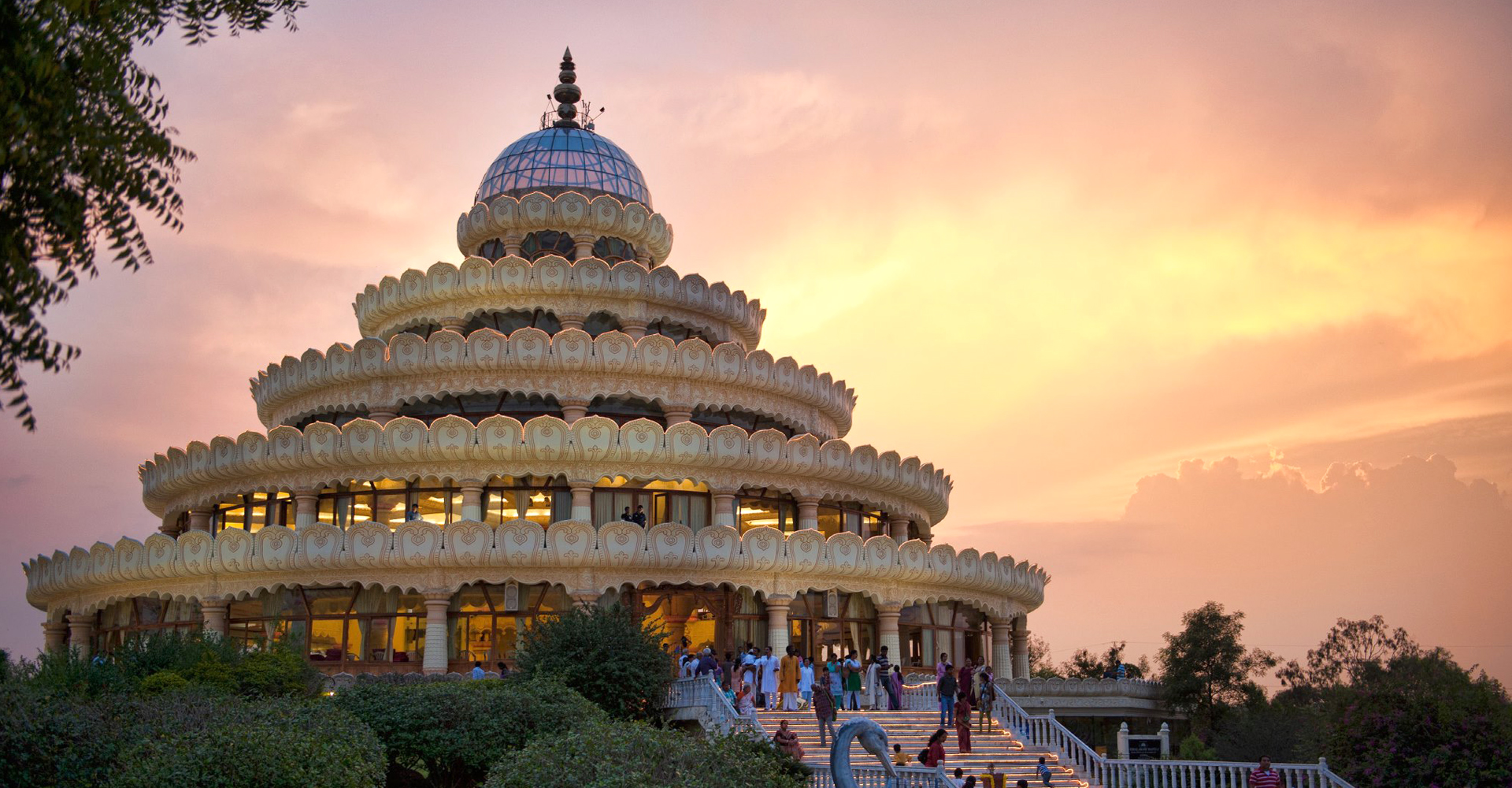
Tranquil Space
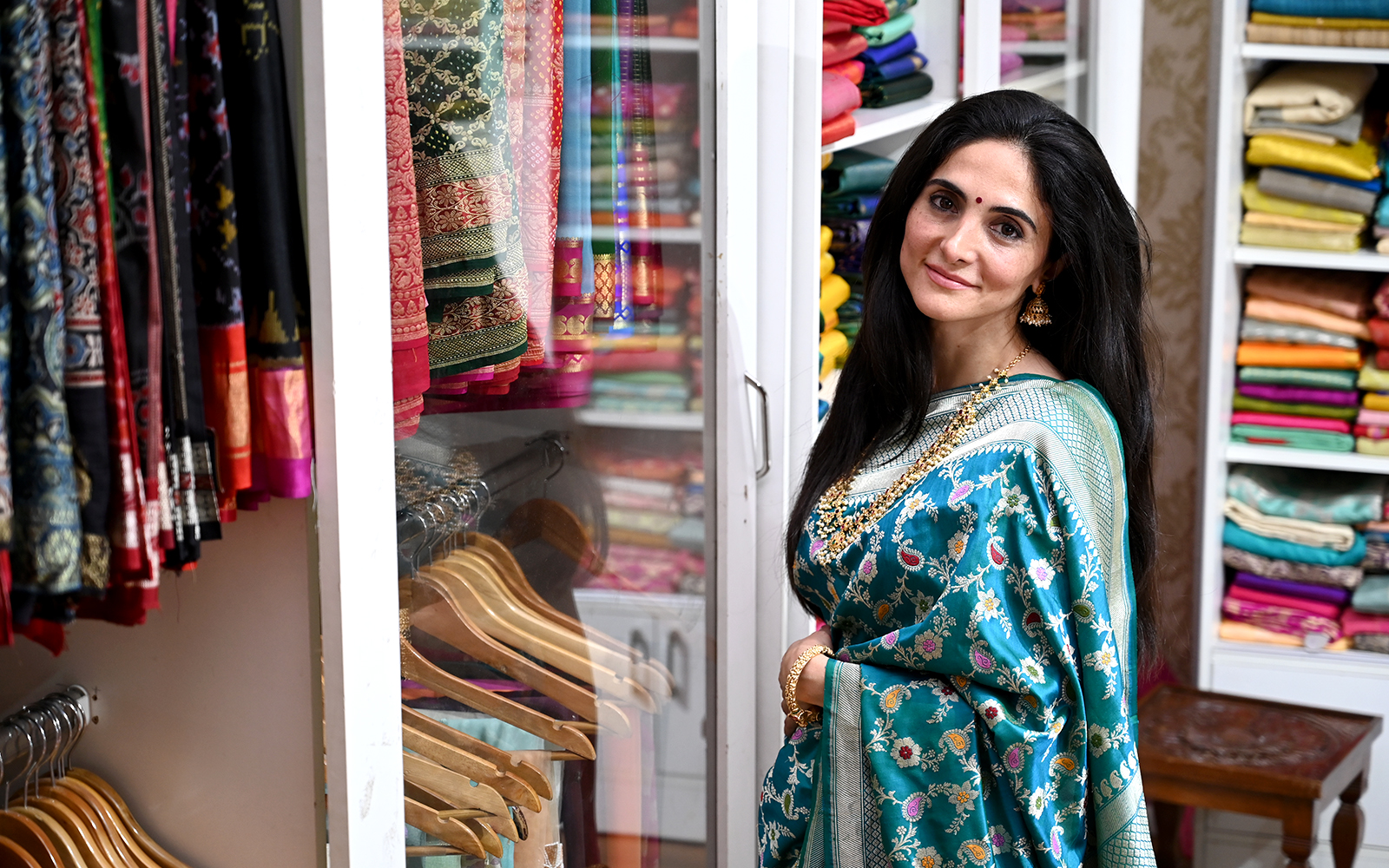
Shopping
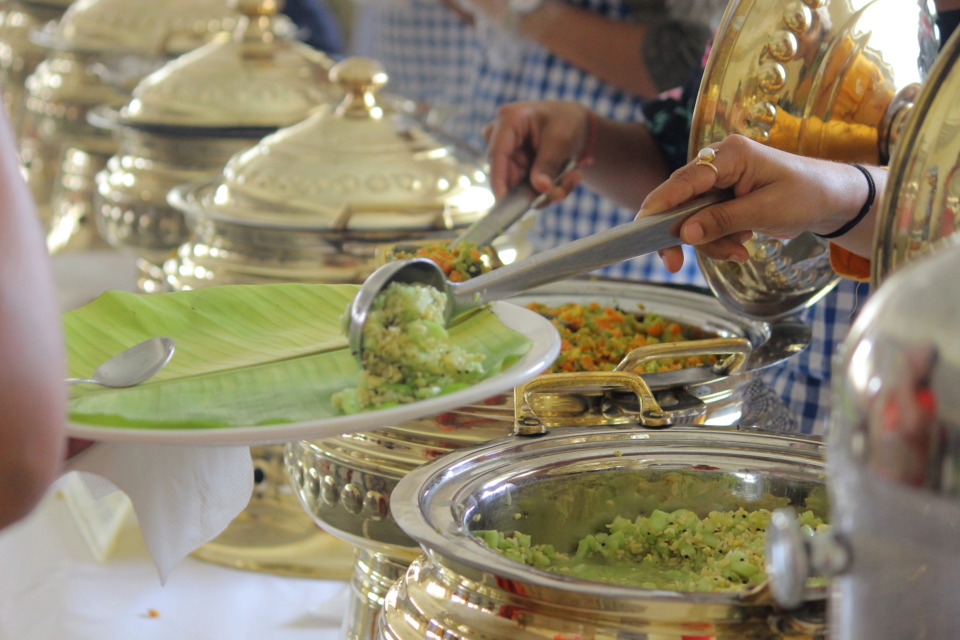
Culinary Delights
“Amidst the day-to-day storms of activity, emotions, achievements and failures, we want to keep our mind balanced, calm, clear, centered – in a state of dynamic serenity.”
2025 Conference Speakers
Women have the three H’s, Heart, Healing and Humanity. Men have the three M’s, Muscles, Money and Mobility.

Dr. Kiran Bedi
Former LG Puducherry &
India's First Woman IPS
You can use a matchstick for lighting a lamp that gives brightness at the same it can be used for destruction. It is how we look at technology and how…

Ms. Tessy Thomas
Director, Agni Missile Project, India
Remember you have your own spiritual internet, whenever you reach out to love somebody, you are expressing your spiritual connection.

Bishop Dr. Barbara King
Founder/Minister, Hillside Chapel
and Truth Center Inc., USA
As happiness has responsibilities so does fashion. We can choose to use, buy and support sustainable craft, sustainable activity and practice that within our pattern of consumption. That is the…

Mr. David Abraham
Fashion Designer, India
We may not speak the same language, we may not dress alike but we are much more alike than we are different. Turn to the people next you and say…

Ms. Tanika Gray Valbrun
News Editor, CNN,
Atlanta, USA
The world is more diverse and even more connected than before. Our cultures are dynamic and prone to conflict. The world needs more feminine values like, openness, integrity, honesty, synergy,…

Ms. Alissa Wahid
Family Psychologist and
Humanitarian, Republic of Indonesia
I have the power to change the world in and around me.

Ms. Hohoko Asami
Best Selling Author &
Designer, Japan
Spirituality is there inside everybody. You just need somebody to ignite that spirituality in you. I believe that a life of spirituality is a life where your passion is directed…

Ms. Harsimrat Kaur Badal
Union Cabinet Minister
of Food Processing, India
Just Be
True joy is going beyond your identity,
Real rest is going beyond your desires,
Mature love is feeling the oneness,
Relax… and Just Be!
Events are transitory,
Pick up the wisdom and be free!
Register
The conference supports The Art of Living Free Schools
*Twin rooms are booked separately for each person
Explore & Book Exclusive Facilities
Check out the additional facilities and book your slots once you have registered for the IWC conference.
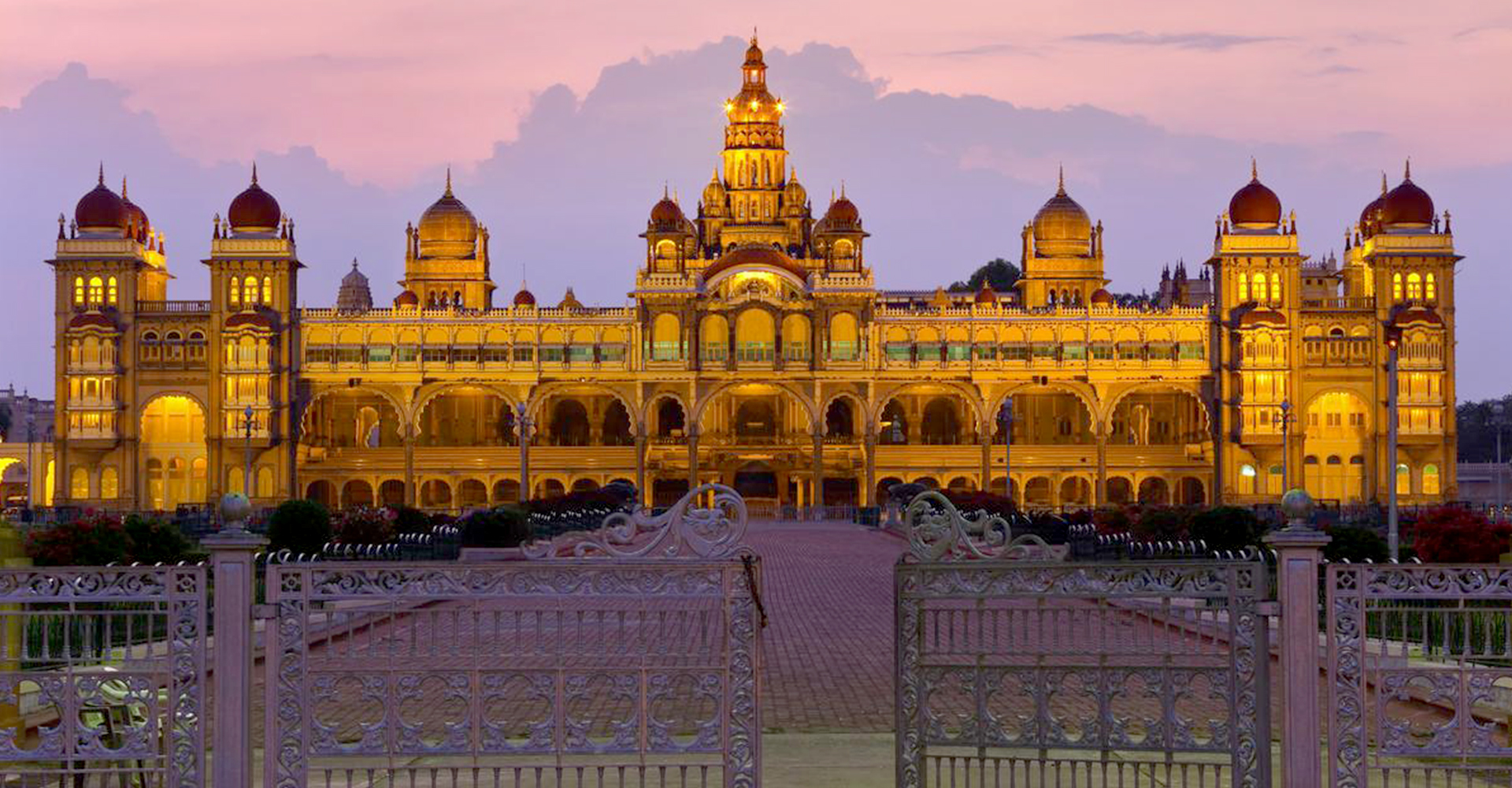
Tours & Travels
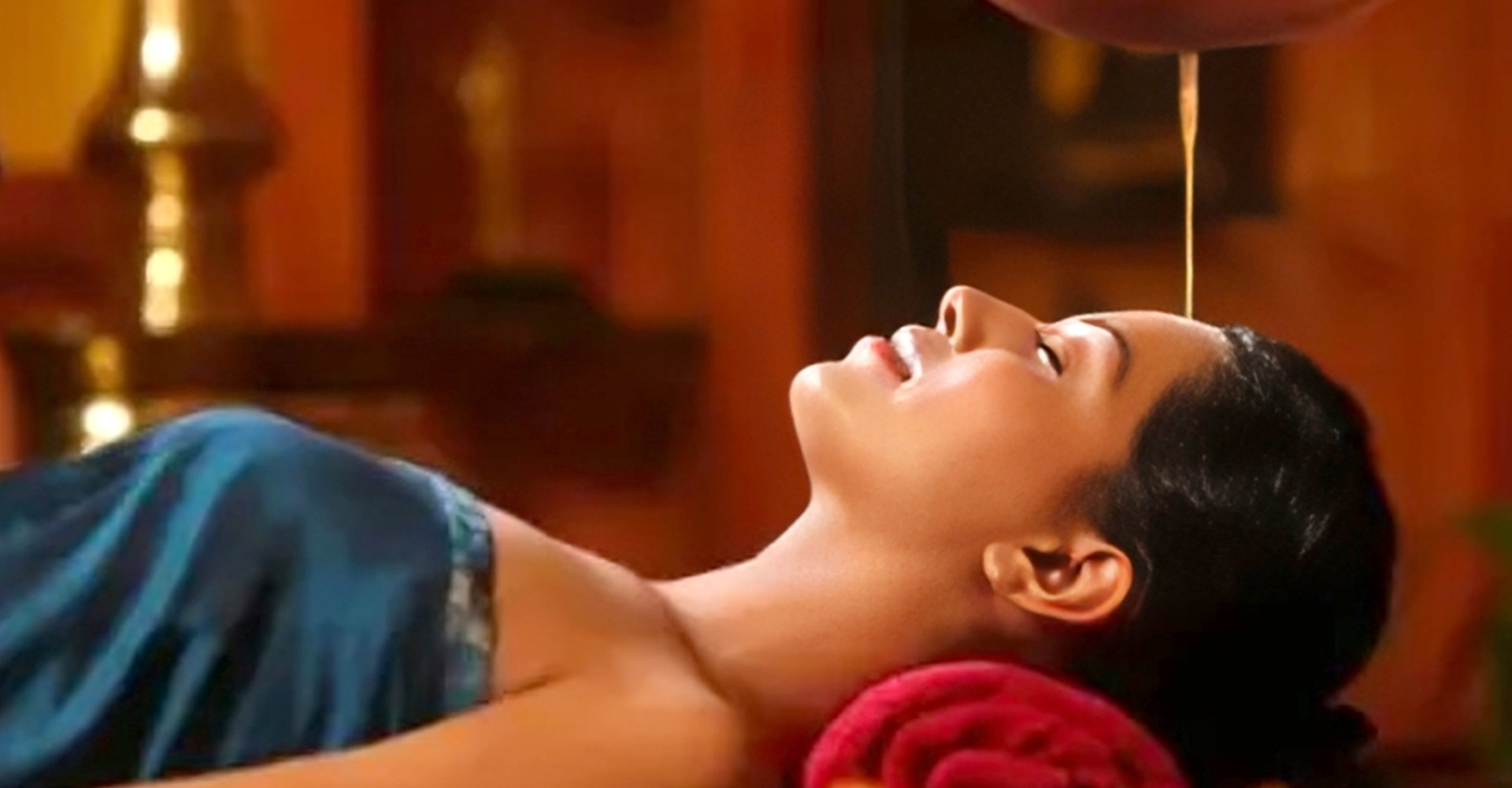
Wellness & Ayurveda
Frequently Asked Questions
What does the conference fee include?
The conference contribution details are as follows:
Basava:
- Regular Single: USD 1,950
- Regular Twin: USD 1,650
Meera Vanam & Godha Vanam:
- Premium Single: USD 2,450
- Premium Twin: USD 2,150
The fee includes:
- Accommodation (as per your choice)
- All meals with a specially curated cuisine for conference delegates
- All conference sessions with eminent speakers from around the world
- Presence of Gurudev Sri Sri Ravi Shankar at the inaugural session, along with other dignitaries
- Two complimentary wellness treatments
- Opportunity to attend the Happiness Program & Sahaj Samadhi Program (Art of Living)
- Yoga sessions for those enrolled in the above programs
Evening Cultural & Culinary Celebrations:
- Fashion Show: Designers contribute their ensembles, which are auctioned to support the Care for Children/Gift a Smile Project
- Food Festival: Featuring cuisine from around the world
- Dance Drama/Musical Performances
Highlight:
Exclusive session for conference delegates with Gurudev Sri Sri Ravi Shankar.
What are the check-in and check-out dates?
- Conference dates: 14-16 February 2025
- Check-in: 13 February 2025
- Check-out: 17 February 2025
Are there any travel options available before or after the conference?
Please click here for available options.What food options are available?
We offer:
- Vegetarian
- Vegan
- Gluten-free meals
Can I make special requests for food allergies?
Yes, you can share your dietary requirements by sending an email to iwc@artofliving.org, and we will provide suitable options based on your needs.
Are there any vaccinations required to travel to India?
No vaccinations are required. However, we recommend checking your home country’s specific travel requirements.
How do I arrange for airport pickup and drop-off?
We are working on setting up a counter at the airport for international delegates, where you can book transport to the conference venue. The taxi rates are:
- Sedan: INR 2100 (one way)
- SUV: INR 3800 (one way)
How do I book a massage during the conference?
Please use the following link for options and bookings:
What complimentary wellness treatments will be offered during the conference?
Please refer to the link above for details on available wellness treatments and booking information.
Will there be an Advanced Meditation Program after the conference?
Yes. Please click here to register for the Advanced Meditation Program.







